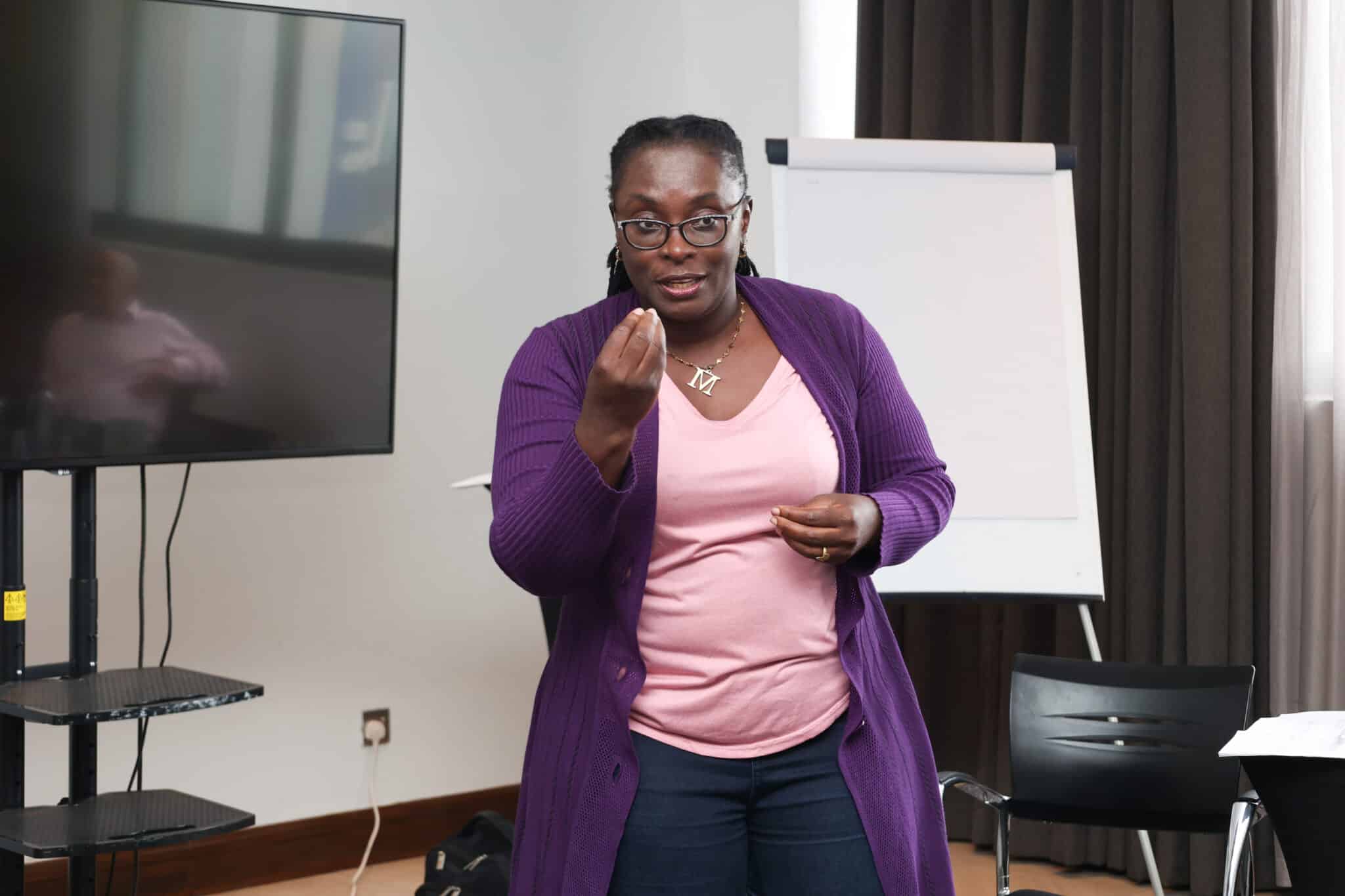Until the advent of Covid-19, tuberculosis was the world’s deadliest infectious disease. To this day, it still sickens more than 10 million people every year and kills about 1.5 million.
These are shocking figures considering that it is a preventable and curable disease.
Despite being a preventable and curable disease, the absence of funding and political will prevents the most affected countries from “finding” all the people with tuberculosis: more than 3 million people a year contract the disease without knowing it and without receiving adequate treatment, putting their lives and other people’s lives at risk. Each of them could infect 15 other people a year.
More R&D is needed: in the absence of a vaccine, existing treatments are often toxic and ineffective, and inaccessible to many people: more than half of those diagnosed cannot afford the drugs they need to live.
Today, in the context of International TB Day (March 24), we speak with Maurine Murenga, founder of Lean on Me and coordinator of TB Women Global, a passionate advocate for the health, development and human rights of women and girls living with HIV and affected by TB and a pioneer amongst the young women and adolescent girls movement in Kenya. Through her own experience of the inequality and vulnerability faced by young women and adolescent girls in her community, Maurine has become a pioneer of this population movement in Kenya.
Has the international community failed in the fight against tuberculosis?
I cannot say that the world has failed to end tuberculosis, but I will say that so much has been done in terms of fighting the pandemic. We have seen new tools and commodities brought to the market. We have also seen Stop TB partnership do gender and human rights assessments that enable us to stop medicalizing TB and to address other social and cultural drivers of the pandemic.
And so despite all that, we know that prevention, diagnosis and treatment are still significant challenges that need to be addressed.
According to WHO, there is a $13 billion annual shortfall for TB prevention, diagnosis, treatment and care to end the epidemic as a public health problem by 2030. Is there a lack of funding or a lack of political will?
WHO has set ambitious targets for the TB epidemic by 2030, but reports show that we are off track. This is because funding and resources for TB are not adequate. Despite commitments from governments and international organizations, funding gaps are huge, limiting the scale of interventions and limiting research efforts.
More than 80% of the cases occur in low- and middle-income countries. Is it understandable that there are almost unlimited resources to tackle a new pandemic like Covid-19, but none to eliminate what is perhaps the most deadly infectious disease we know?
Just the other year we had COVID. The governments came together and in a short while we had a vaccine. We have been calling for a TB vaccine for ages. But, as said before, the political commitment and the financial commitments are still far from reality.
Is it a stigmatized disease? Your work is focused on women, girls and adolescents living with HIV and TB. Do women bear a disproportionate burden of these diseases?
TB is a stigmatized condition. We have seen women sent out from their homes just because they had TB. In some countries where the TB epidemic is driven by HIV, TB is associated with HIV, and people with TB face double stigma if they have an HIV coinfection.
We need a multisectoral approach so that we are able to address social determinants such as poverty, lack of access to healthcare and stigma that hinder efforts to control the disease.
The Global Fund is the largest international donor in the fight against TB. It funds treatment, diagnostics, R&D, etc. Is the GF the best hope for ending TB as a public health problem by 2030? Should it be?
Global Fund is a key player in responding to TB. I’ll still look at the Global Fund as the mechanism that will coordinate efforts among countries, international organizations, civil society, the private sector and affected communities that are crucial in the fight against TB.
Global Fund is able to coordinate improved collaboration and share best practices among countries that have successfully fought the epidemic, to create a learning and sharing platform for a collaborative effort to end TB.
I believe there’s still a lot of work to be done in the TB response, a lot of effort to effectively combat TB at a global scale. It is essential for global solidarity. In order for us to continue working together in addressing the challenges and barriers that people face in TB control and prevention.












